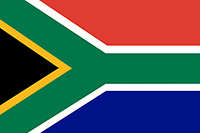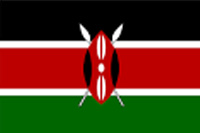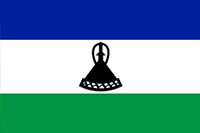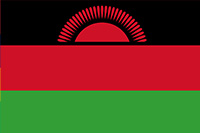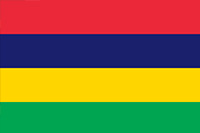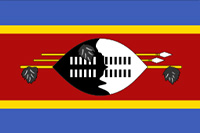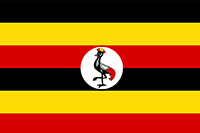
FAQS
1. Who is Select Africa?
2. Which countries do Select operate in?
3. What is incremental housing finance?
Select’s typical client is employed, yet unable to access personal or housing finance through traditional banking channels, due to the bank’s aversion to percieved higher risk clients, and the inability to mortgage or attach properties as security across many countries in Africa. Select primarily provides housing and housing related incremental loans.
Select’s incremental housing finance model involves the extension of multiple and successive micro loans to customers who intend building or renovating their houses, with each loan amount granted on the basis of the customer’s affordability – a further loan is granted as the loan preceding it is repaid or the customer’s affordability improves. This creates an opportunity for lower level income earners to “self-build” their homes incrementally, and in line with their affordability.
4. What makes incremental housing finance different from other housing initiatives?
5. Does Select take any form of security over its housing loans?
6. How do Payroll collections work, and how is it different from payday lenders?
A significant advantage of a payroll deduction facility is that it enables government regulation on payroll deductions, and the maximum deduction limit on an employees’ salary. This protects the employee from over-indebtedness and ensures that an individual is guaranteed a minimum take-home pay. In countries where regulations do not exist, Select has internal guidelines which are used to ensure that customers are not over-indebted.
Payday lenders: In contrast, payday lenders are institutions who provide salary advances to any individual who can provide historic payroll and employement records. Select is not a payday lender.
7. What is responsible lending?
Responsible lending principles involve the lender:
- undertaking an understanding of the customer’s loan needs, financial situation, loan affordability, and ability to repay the loan;
- considering the suitablity of the loan for the customer given the factors above; and
- ensuring the loan applicant understands the loan terms and conditions.
Select adheres to the responsible lending principles detailed above.
8. How do Select’s product offerings differ from those of traditional MFIs?
Due to the nature of housing and housing related loans, Select’s products are generally of a longer term when compared to traditional MFIs. Our long term products increase the size of the loan our customers can access based on their affordability. Our customers are also more likely to roll (extend) their loans on or before maturity, in order to complete their building projects.
Furthermore, Select’s product offering, including building technical assistance provided to customers in partnership with Habitat for Humanity (“Habitat”) and Lafarge, differentiate Select with traditional MFI’s. Please refer to the section below for more detail on our partnership with Habitat.
9. What are the other benefits resulting from incremental housing finance?
10. How is Select currently funded?
Select’s current funding structure includes:
- Shareholder funding (debt and equity);
- Listed and unlisted Medium Term Notes (“MTN”) in local capital markets;
- Debt structures with Impact Investors and Development Financial Institutions (“DFI”), including Soros Economic Development Fund (“SEDF”) and Old Mutual;
- Other debt instruments with 3rd party corporates and sovereign wealth funds; and
- Various overdraft facilities with local commercial banks.
Select is an active issuer in local capital markets, which provide an important source of local funding, and simultaneously enhance the development of local capital markets. In January 2007, Select Africa registered an MTN programme on the Swaziland Stock Exchange (“SSX”). Since then, more than USD 45 million has been raised under the programme, which has been renewed three times.
11. How are prospective new countries chosen?
All prospective new geographies for expansion of operations are assessed on a scoring framework, with each country given a score based on various factors, including:
- availability of a payroll deduction code;
- existence of a regulated microfinance environment;
- exchange control legislation;
- macro-economic climate;
- political stability;
- urbanisation rates and access to housing statistics; and
- size of the civil service.
The framework is continuously updated and monitored to ensure that Select is best positioned to enter prospective markets as and when the opportunity presents itself.
A further consideration is the availability of funding. Select will only enter a new country if it has sufficient funding, either at a group or in-country level, to start-up and grow the business to a sustainable level.

